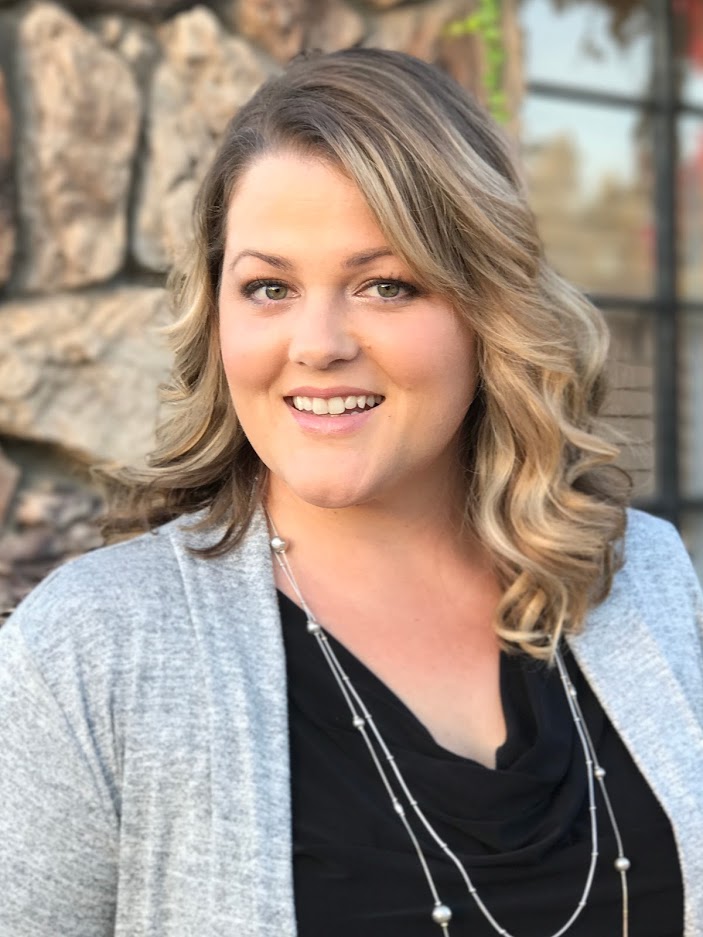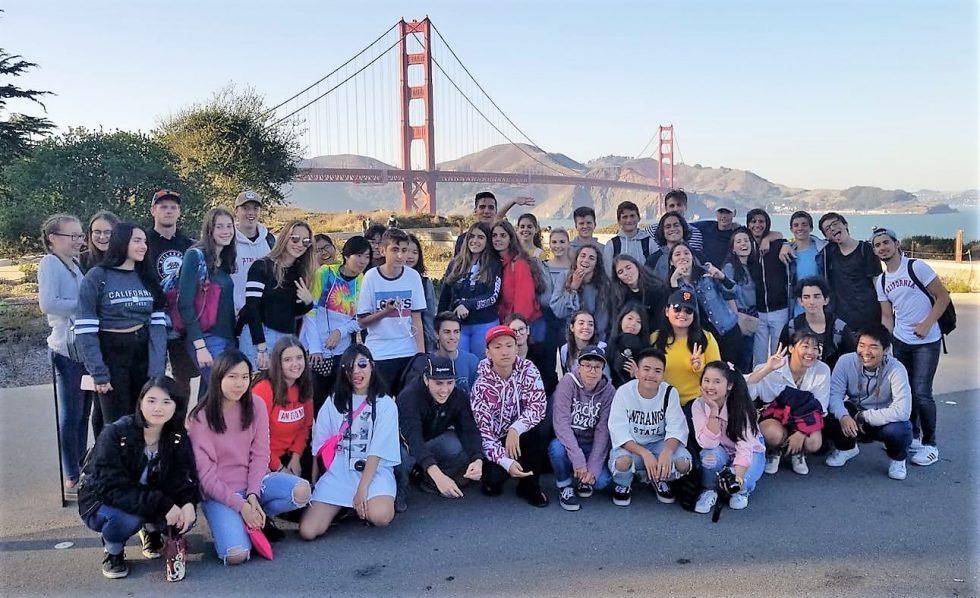When Health Program Specialist Teresa McCord isn’t at her day job at Mule Creek State Prison, she can usually be found coordinating a student exchange program.
In this role, she’s helping coordinate educational opportunities for students visiting from other countries. As the education coordinator for Cultural Homestay International (CHI), she handles students from 20 countries.
While in the country, teens experience life as an American student, visiting places like San Francisco, Disneyland and state parks. McCord started with CDCR in 2018, encouraged by her correctional officer husband to pursue a state career. She helps with CDCR’s mental health efforts through the Enhanced Outpatient Program (EOP).
Inside CDCR caught up with McCord to find out about her other job beyond the prison walls.
Q&A with student exchange coordinator McCord
Why are you involved in CHI?

I got involved with as a host mom first. We hosted a girl, Gaia (pronounced Guy-uh), from Italy. It was really amazing to see how close we became. She was just like she had always been a part of our family. We were surprised to gain so much from hosting an exchange student. We thought we were doing this for the student to have a wonderful experience, but it turned out, we got so much out of it as well.
My children’s eyes were opened to the world. They were curious and learned the world was a lot bigger than just our little piece of it. As a family, we started making conscious decisions to eat dinner at the table, play games, and go places on the weekends. This way, we got to experience all of Gaia’s “firsts” with her. It was like experiencing them all over again for the first time. It’s so fun getting to show someone around our city and state. Not only did our family become a little closer, but we made a lifelong friendship overseas.
What about CHI appeals to you?
I enjoyed getting to know the exchange students from our first year. So, I decided I would become a coordinator and get more involved. The students are all very exceptional academically and in citizenship. They all have unique talents and personalities.
Many of our students have a stereotype expectation of American teens they’ve seen in the movies. So it’s really fun seeing them light up when they go to a Friday night football game, homecoming, and prom. This also gave me a chance to get more involved in the community. I got to meet more families in our city, and school district, which has been fun.
Our students are also required to do volunteer hours while they are here. So, I sometimes join them or get my kids involved. It is rewarding to see them helping the community and become acclimated here. In some ways, I see these kids as my own. I couldn’t imagine sending my child oversees for a year and trust complete strangers to take care of them. I feel the need to make sure my students never feel alone or isolated, and they have a great experience.
How do you think your work affects the students? What countries send students?
We get students from over 20 countries including Italy, Germany, Belgium, France, Thailand, Japan, Turkey, Spain, Brazil and others. I think the students who decide to be in the exchange program are so brave for doing this.
They are willing to go to another country they have very little knowledge of and stay for a long period of time. They don’t really know what to expect. The teens live with a family they’ve never met, learn their way of life, their rules, and new daily routines. What’s acceptable to us may not be acceptable to them. That’s a scary thing to do.
My role is to help the student and their host families get acquainted and feel supported. They see me as a go-to if they need help in school, communicating with their student/host family, arranging trips, and anything else they may need. This is something they will remember the rest of their lives. When they go home, they will tell everyone about their experience. The company says “it promotes world peace” which I kind of thought was a bit of a reach, but in small ways it does.
We can build bridges or we can burn them. If a student has a horrible experience and they return home and tell everyone about it, what will their view on Americans be? Or, if a student has a great experience and goes home and tells everyone, those are bridges being built.
What is one of your most memorable moments in the exchange program?
There are so many. My kids are learning Italian. My new student this year reads to my kids at night – a book she brought them from Italy – she first reads it in English and then in Italian; that is an awesome thing to see. And my kids will often say “we miss Gaia (or Sara when she leaves for the weekend)”. That is special as these students have really become a part of our family.
One thing that gets me all the time is how appreciative the students are by the end of their stay. One of my students wrote me a thank you letter and in it, I will always remember, she said, “Thank you for never leaving me.” Which might seem like a strange thing to remember but I think it goes back to what I said earlier, they are so brave for coming to a foreign country where they know no one, and it’s a scary thing. People may not remember what you say or do, but they will always remember how you made them feel. I made her feel safe, like a part of the family, and gave her a wonderful, once in a lifetime experience.
Do you think your work with CHI helps you in your position with MCSP?
As in, better understanding of other cultures, etc. In my position at MCSP I work with people from all kinds of different cultures and backgrounds. Working with CHI has definitely given me a new perspective on the world. I would say I am more understanding of different cultures, I can relate to them more because of my personal experiences with the students, and I have a better appreciate for our differences. I love asking my co-workers about their family traditions or foods they love and I can share what my students have shared with me – like All Kings Day, Turkish coffee, or fresh pasta and homemade sauces.
Anything else you’d like to add?
I think everyone should try something new, something that makes them feel like they make a difference in someone’s life, even their own.y
By Don Chaddock, Inside CDCR editor
Office of Public and Employee Communications
See more stories highlighting CDCR/CCHCS staff.
Follow CDCR on YouTube, Facebook, X (formerly Twitter). Listen to the CDCR Unlocked podcast.
